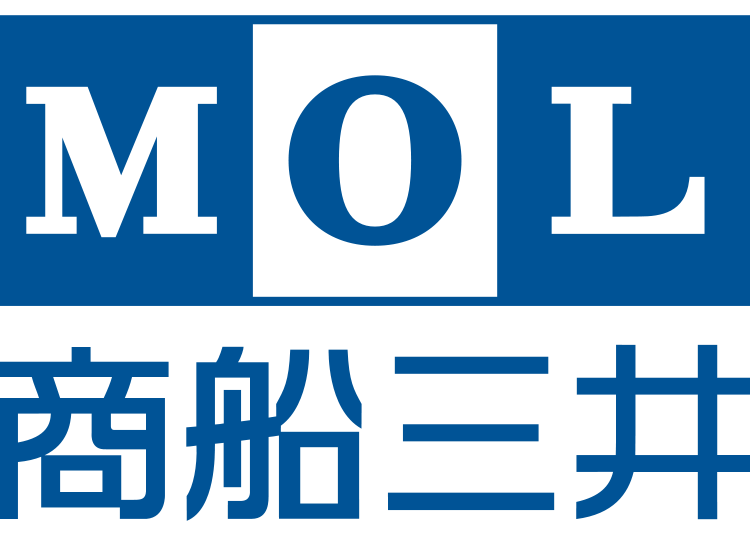Airlines express frustration with limited choices in the commercial aircraft industry
- Airlines have limited options when it comes to buying planes
- Chinese airline receives first 737 MAX jet since 2019
- Boeing and Airbus are the only major players in the commercial aircraft industry
- Airlines express frustration with Boeing’s management
- Boeing’s market share in the future depends on its product lineup decisions
A Chinese airline has received its first 737 MAX jet since 2019, highlighting the limited options airlines have when it comes to buying planes. Despite complaints about Boeing’s management and recent incidents, airlines have nowhere else to go as Boeing and Airbus dominate the commercial aircraft industry. The delivery to a Chinese airline, amidst ongoing issues with the 737 MAX 9 jets, demonstrates the urgent need for new planes and the lack of alternatives. While airlines can express frustration, the duopoly of Boeing and Airbus leaves them with little choice. The supply and demand backdrop for both companies remains strong, with a decade-plus backlog at current production rates. Switching to other MAX models or waiting for Airbus jets is not ideal for airlines due to high costs and long wait times. In the long run, Boeing’s market share will depend on its ability to address customer concerns and develop new aircraft. Without more competition, the best solution for airlines is for Boeing to improve its performance.
Public Companies: Boeing (BA), United Airlines (UAL), China Southern Airlines (undefined), Alaska Air (undefined), Copa (undefined), Southwest Airlines (undefined), Ryanair (undefined), Airbus (undefined)
Private Companies:
Key People: Stan Deal (Boeing Commercial Airplanes CEO), Helane Becker (TD Cowen airlines analyst), Rob Stallard (Vertical Research Partners analyst), Richard Aboulafia (AeroDynamic Advisory managing director)
Factuality Level: 7
Justification: The article provides information about the delivery of a 737 MAX jet to a Chinese airline and the challenges faced by airlines in terms of limited options for purchasing planes. The information seems to be based on reports and sightings of the plane, but there is no immediate response from Boeing. The article also mentions the grounding of the MAX jets and the complaints expressed by United Airlines and Alaska Air. While the article provides some factual information, it lacks in-depth analysis and relies on statements from analysts and experts.
Noise Level: 3
Justification: The article provides some relevant information about the delivery of a 737 MAX jet to a Chinese airline and the challenges faced by airlines in terms of limited options. However, it contains repetitive information and lacks in-depth analysis or actionable insights. The article also includes unrelated information about investor frustration and market share projections, which detracts from the main topic.
Financial Relevance: Yes
Financial Markets Impacted: The article discusses the delivery of a Boeing 737 MAX jet to a Chinese airline, which has resulted in an increase in Boeing stock. It also mentions the frustration expressed by United Airlines and Alaska Air, two big Boeing customers, which could impact the aerospace company’s reputation and future business.
Presence of Extreme Event: No
Nature of Extreme Event: No
Impact Rating of the Extreme Event: No
Justification: The article primarily focuses on the delivery of a Boeing 737 MAX jet to a Chinese airline and the challenges faced by airlines in terms of limited options for purchasing planes. While there is no mention of an extreme event or its impact, the financial relevance of the article lies in the potential implications for Boeing and the commercial aerospace industry.
 www.marketwatch.com
www.marketwatch.com 





